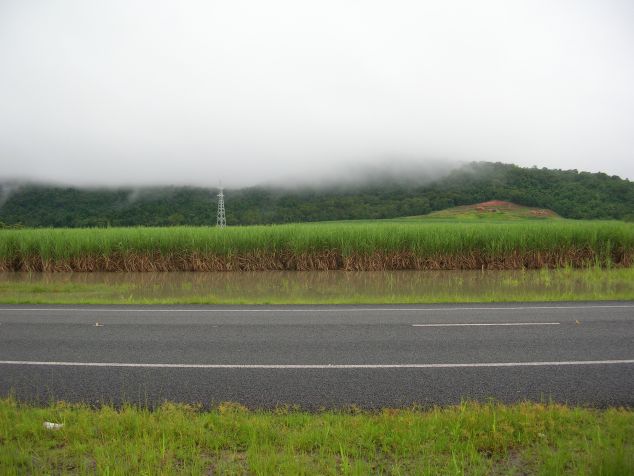JCU works on sugar crop prediction
James Cook University scientists are on their way to predicting sugarcane crop size long before harvest—a process that could save farmers money and deliver environmental benefits with better soil health.

JCU’s Dr Yvette Everingham said researchers found there was triple the chance of an extremely low-yield crop in a La Niña year compared to an average year.
La Niña is a meteorological phenomenon featuring periods of below-average sea surface temperatures across the east-central Equatorial Pacific. La Niña years are associated with extremely wet years leading to restricted crop growth and increased run-off.
Dr Everingham said scientists could predict the effect La Niña had on a crop in September the year before harvest, which typically begins the following June.
“Normally there is a one in ten chance of a bad crop, but during La Niña this increases to a three in ten chance,” she said.
She said the research, funded by Sugar Research Australia, was not a perfect planning tool, but it was much better than having no system at all, which was the current situation.
“Without crop forecasts, growers must assume climatic conditions will be favourable in the forthcoming season to grow a large crop, and have to apply fertiliser rates accordingly. If we can predict a small crop, then the opportunity exists to reduce fertiliser use, help the environment and increase profits.”
On the strength of their work so far, the JCU researcher and her team of scientists have been granted more than half a million dollars by Sugar Research Australia and the Department of Environment and Heritage Protection to continue their research.
“If we can predict the crop will be small well before harvest time, it will mean a reduced need for applied fertiliser and more certainty for farmers, millers and marketers as they plan for staffing and even forward selling of the crop,” said Dr Everingham.
The new project will begin this year.
*

































Ask A Question
Ask us about your program of interest, or if you have a question about our services.
CONTACT US TODAY